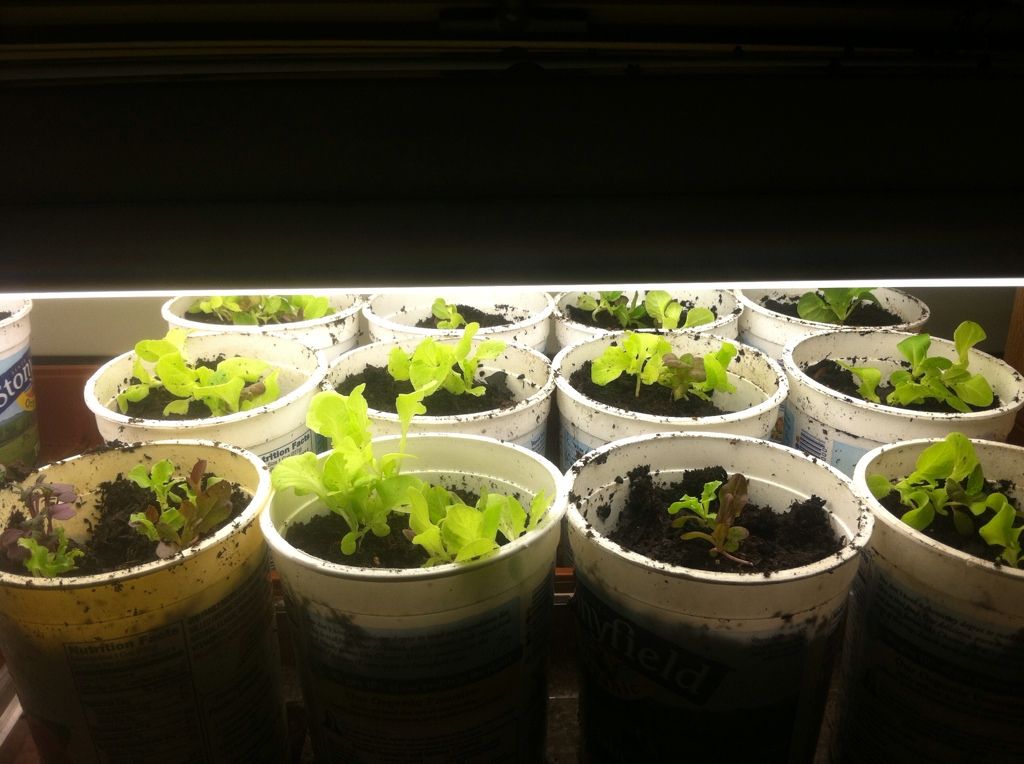Fenrika, I would love to get rid of some lawn in favor of native wildflowers or something but hubs won't let me! He and I have very different ideas about what we want in a yard 
Weavergirl, what kind of summer squash are you trying to grow? I've only ever grown zucchini myself, but I know they need to be fertilized often or the new fruits will wither on the vine because the plant doesn't have enough energy to maintain them. I would imagine other squash to be similar.
Kricket, I second Fenrika's suggestion to use something other than jars for your herbs. They need good drainage, and as far as I know there's no way to drill holes in a jar without breaking it. I grow rosemary, oregano, lavender, thyme and mint year-round in an outdoor bed, they seem to like a lot of sun and not too much water (except the mint, it prefers partial shade and moist soil). They don't require much fertilizer either, just a couple of times a year and they're happy.
Weavergirl, what kind of summer squash are you trying to grow? I've only ever grown zucchini myself, but I know they need to be fertilized often or the new fruits will wither on the vine because the plant doesn't have enough energy to maintain them. I would imagine other squash to be similar.
Kricket, I second Fenrika's suggestion to use something other than jars for your herbs. They need good drainage, and as far as I know there's no way to drill holes in a jar without breaking it. I grow rosemary, oregano, lavender, thyme and mint year-round in an outdoor bed, they seem to like a lot of sun and not too much water (except the mint, it prefers partial shade and moist soil). They don't require much fertilizer either, just a couple of times a year and they're happy.


